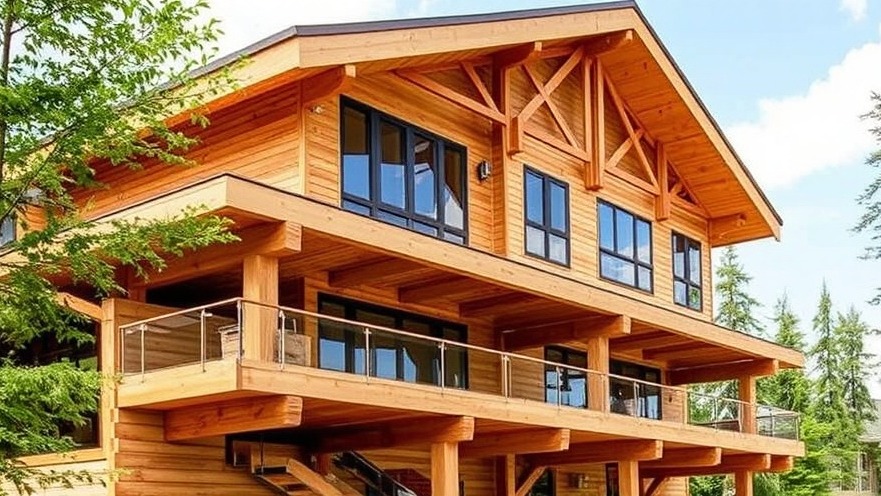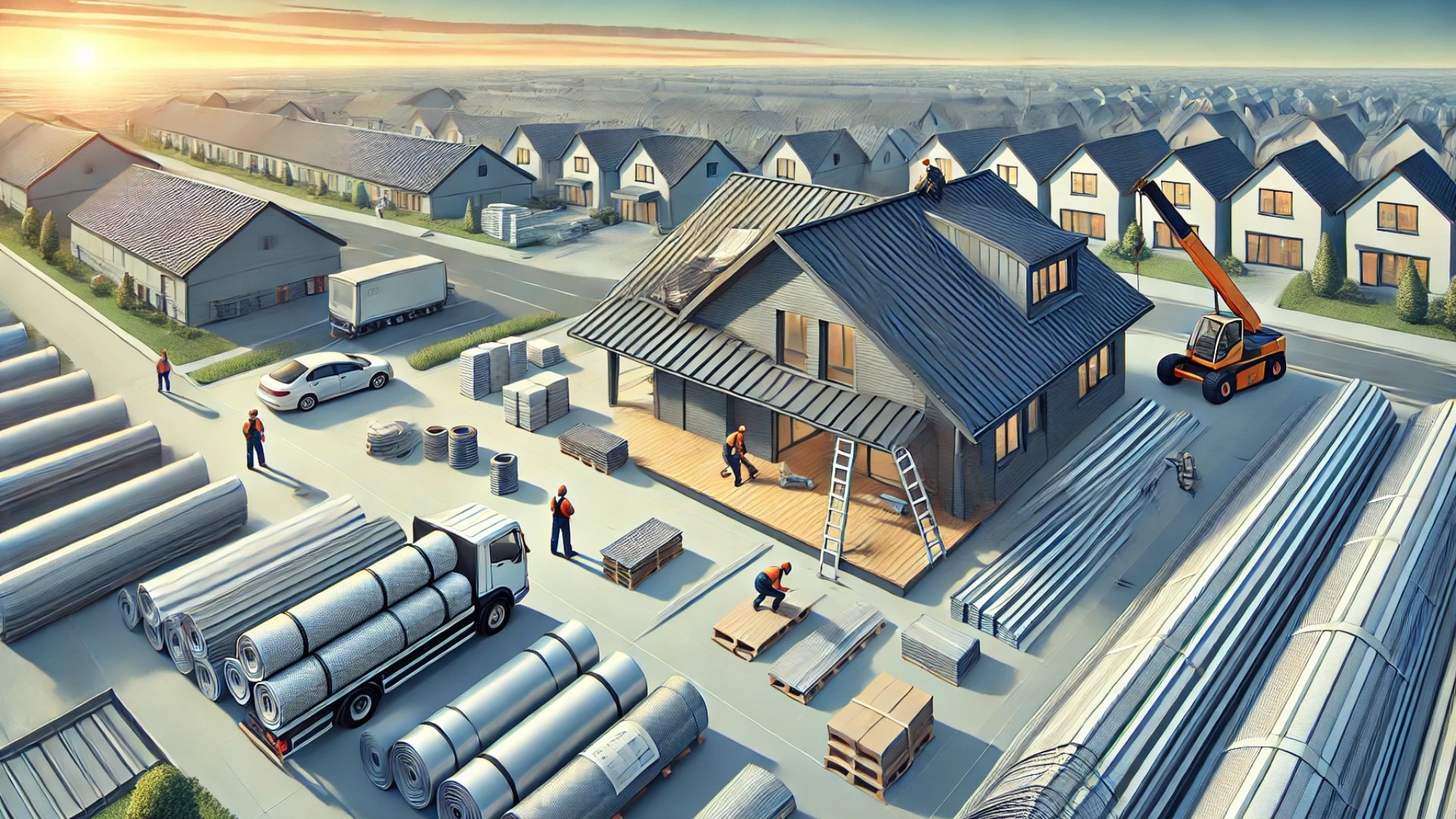
The Future of Construction: Nova Scotia's Mass Timber Investment
In an age where sustainability and innovation in construction are at the forefront, the recent investment by the federal government in Nova Scotia's mass timber industry is a game-changer. This funding aims to bolster local economies, create jobs, and promote the use of mass timber as a viable alternative to traditional building materials. The Canadian Wood Council (CWC) has applauded this bold initiative, seeing it as a step towards a more sustainable building environment.
Why Mass Timber is Gaining Momentum
Mass timber, known for its sustainability, strength, and aesthetic appeal, is gaining traction in both residential and commercial construction. Its ability to sequester carbon dioxide makes it an attractive option for environmentally conscious builders and homeowners. This recent investment underscores the federal government’s commitment to fostering green construction practices.
Economic Impact on Local Communities
The $600,000 federal investment in this sector is not just about the environment; it is also economically motivated. As mass timber production escalates, local jobs will be created, boosting the economy significantly, especially in rural areas of Nova Scotia. This aligns with the CWC's advocacy for enhancing local businesses' participation in the green economy.
Counterarguments and Perspectives on Timber Use
While there is significant support for this initiative, opponents often cite concerns about the deforestation rates and the long-term sustainability of mass timber production. However, proponents argue that with responsible forestry practices, mass timber can be harvested sustainably, thus alleviating many of these concerns. Addressing these challenges head-on is critical for the future acceptance of mass timber within the broader construction industry.
Future Predictions: What Lies Ahead for Mass Timber?
As mass timber technology improves and gains acceptance, we can expect to see an increase in its adoption in architectural designs. The potential for lower construction costs and faster build times could revolutionize the construction landscape in Canada and beyond. With ongoing research and investments, mass timber could become a mainstream choice among builders within the next decade.
Conclusion: Take Action for Sustainable Construction
The federal investment in Nova Scotia's mass timber industry marks a pivotal moment for sustainable construction in Canada. As stakeholders in the construction sector, there are significant benefits to be realized from embracing these developments. Stay informed, advocate for sustainable materials, and consider the long-term advantages of incorporating mass timber into your future projects.
 Add Row
Add Row  Add
Add 

 Add Row
Add Row  Add Element
Add Element 




Write A Comment